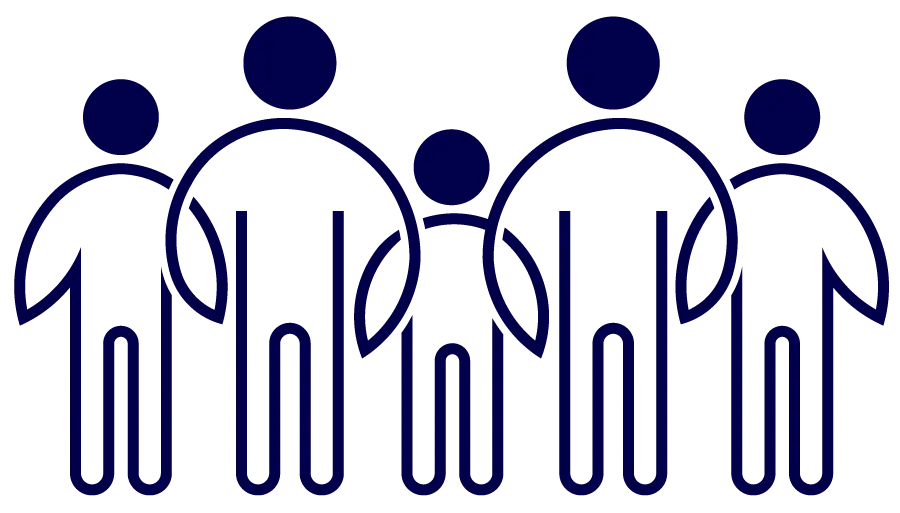
Support Groups for Arthrogryposis Multiplex Congenita (AMC)
Support groups play a vital role in empowering individuals with AMC and their families. These groups help address both the emotional and practical aspects of managing life with a rare condition, offering a sense of community, shared knowledge, and valuable resources.
Support groups come in various forms and provide a wide range of services. Their websites serve as comprehensive hubs for information, tools, and support for individuals with AMC and their loved ones. They also host opportunities for connection—through conferences, as well as virtual and in-person meetings—allowing individuals and families to share experiences and support one another.
These groups create a welcoming environment where people of all ages living with AMC, along with their families, can connect with others who truly understand their journey. This sense of belonging can ease feelings of isolation, particularly during times of diagnosis or when facing the complexities of the condition.
Educational support is another key benefit. Support groups provide accurate, up-to-date information about AMC, including diagnosis, treatment options, and rehabilitation strategies. Whether through online platforms or during group discussions, members can learn practical tips to enhance daily living skills—such as eating, dressing, mobility, independent living, and recreational activities.
Navigating healthcare systems can be challenging, but support groups often have valuable insights into available services and specialists. They can assist families in finding appropriate care and may also share information about financial assistance or funding options when insurance coverage is limited or unavailable.
Support groups are especially helpful during life transitions, such as moving from adolescence to adulthood. This period often involves major changes—starting higher education, beginning a career, living independently, and managing health needs and finances. Youth with AMC and their families frequently express concerns about maintaining autonomy during these transitions. Collaborating with healthcare professionals like occupational therapists or social workers, along with support from caregivers, can help set and achieve personal goals during this important stage of life.
To support individuals and families living with AMC, we’ve compiled a list of organizations that offer access to aids and resources, organized alphabetically by country. Please note that the availability of services may vary by region.
References:
Elekanachi RU, Lajoie A, Tavukcu S, Snider LM, Dahan-Oliel N. The experience of caregiving for children with rare musculoskeletal conditions: a qualitative study in arthrogryposis multiplex congenita. Orphanet J Rare Dis. 2024 Jun 14;19(1):235. doi: 10.1186/s13023-024-03224-8. PMID: 38877508; PMCID: PMC11179382.
Elfassy C, Darsaklis VB, Snider L, Gagnon C, Hamdy R, Dahan-Oliel N. Rehabilitation needs of youth with arthrogryposis multiplex congenita: Perspectives from key stakeholders. Disabil Rehabil. 2020 Aug;42(16):2318-2324. doi: 10.1080/09638288.2018.1559364. Epub 2019 Feb 11. PMID: 30741031.
Steen U, Christensen E, Samargian A. Adults Living With Amyoplasia: Function, Psychosocial Aspects, and the Benefit of AMC Support Groups. J Pediatr Orthop. 2017 Jul/Aug;37 Suppl 1:S31-S32. doi: 10.1097/BPO.0000000000001003. PMID: 28594692.